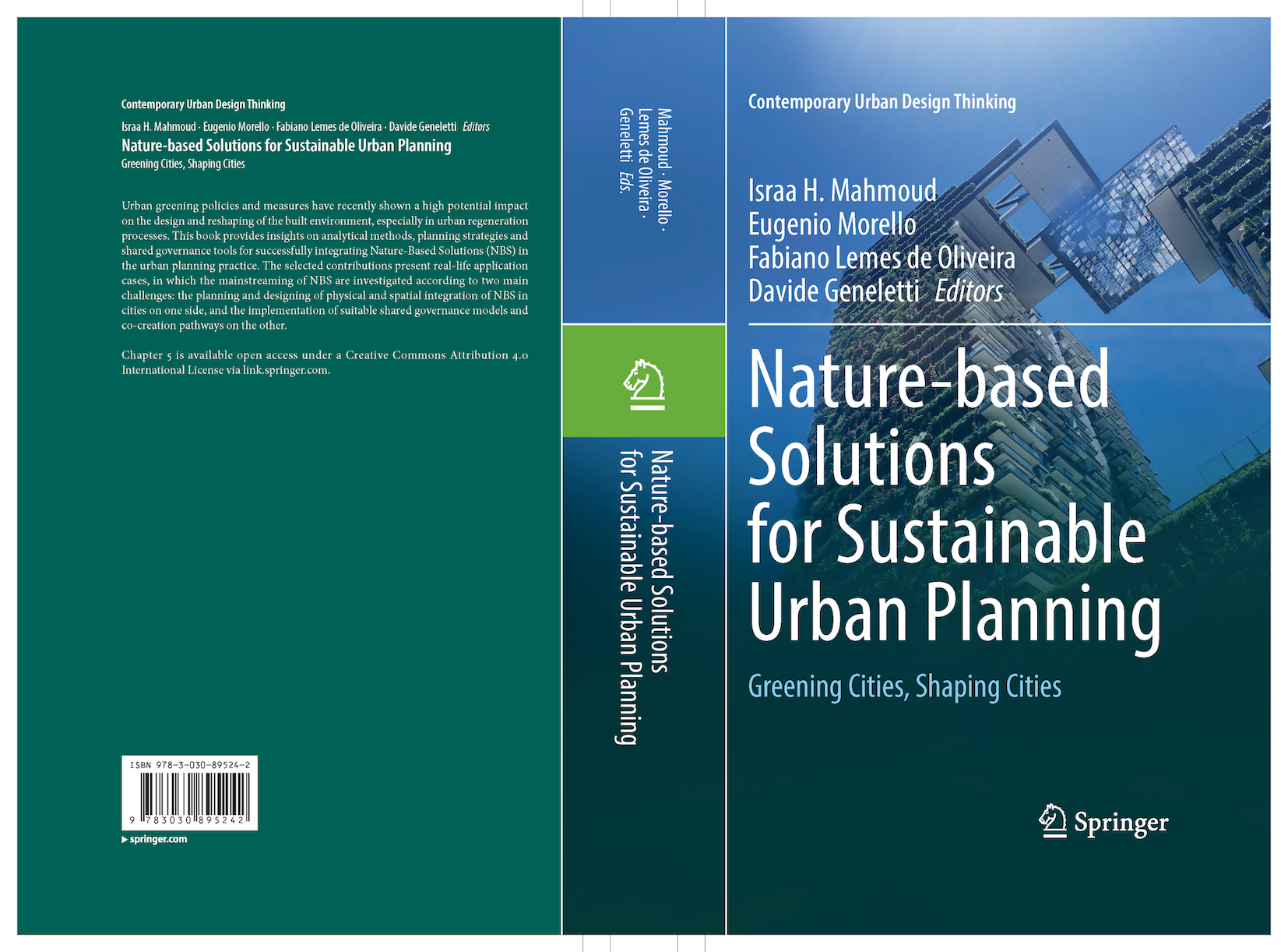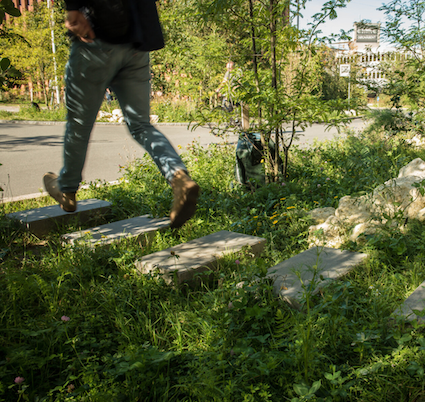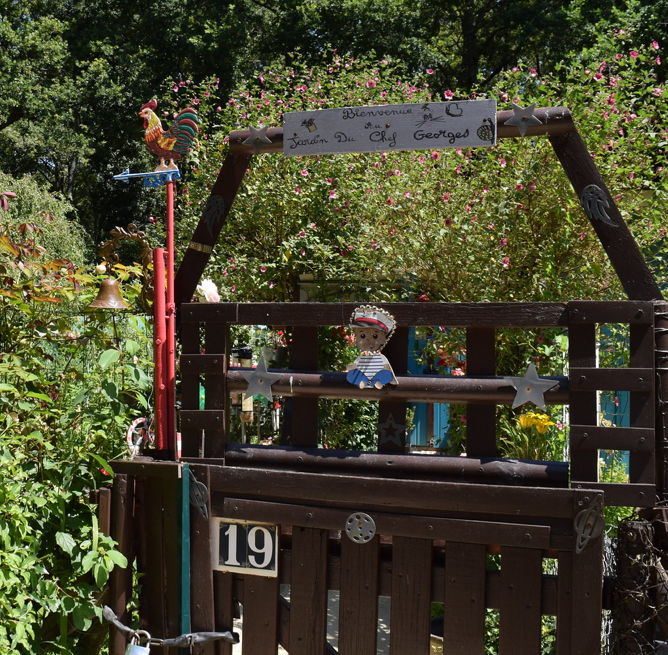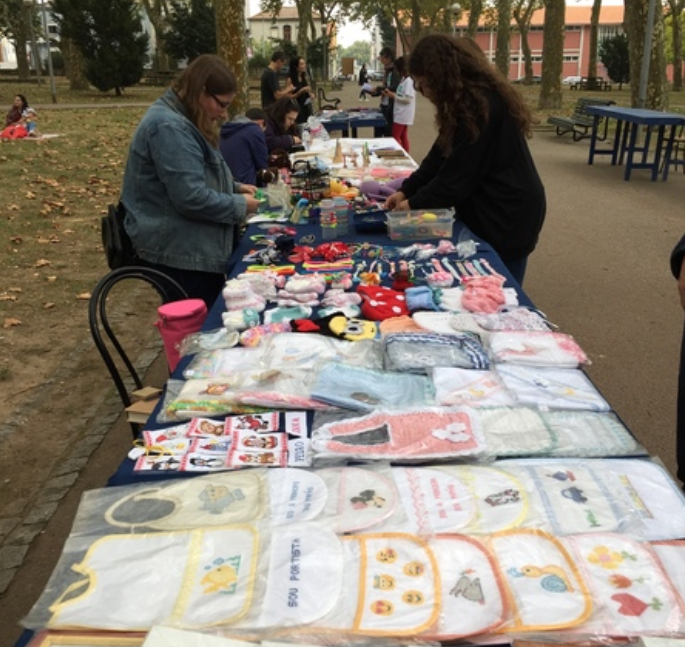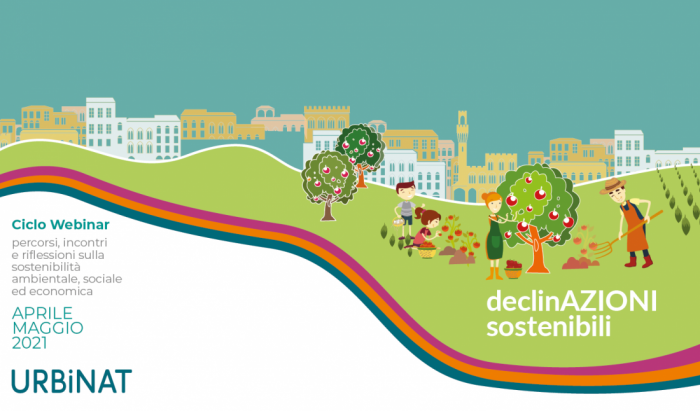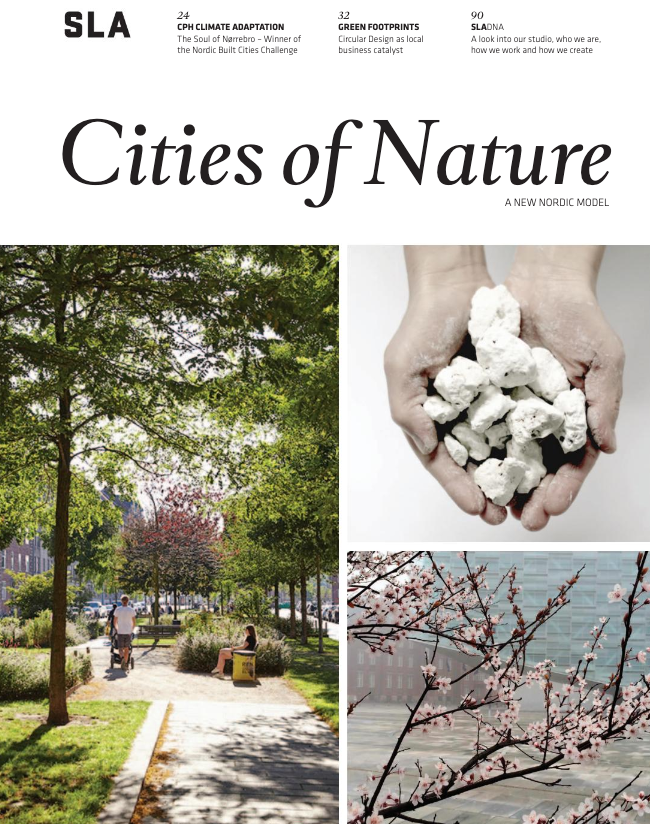Inclusive Urban Regeneration with Citizens and Stakeholders: From Living Labs to the URBiNAT CoP
URBiNAT researchers have co-authored the following paper published in Nature-Based Solutions for Sustainable Urban Planning. The paper presents a comprehensive overview of the Living Lab methodology employed by the URBiNAT project, emphasizing the inclusive practices that underpin its success. By actively involving citizens and stakeholders in every step of the regeneration process, these Living Labs have not only revitalized neighborhoods but also fostered a sense of ownership and belonging among community members. Through the lens of the URBiNAT project, the article sheds light on how Living Labs serve as fertile ground for experimentation, co-design, and knowledge exchange, nurturing sustainable urban development that aligns with the aspirations and needs of local communities.
ABSTRACT: In recent decades, many city authorities have been implementing strategies for the development of urban regeneration in their central areas. Most of these processes aim to improve the use of public space, and are often to be found in historic areas and waterfronts. The aim of this text is to put forward an alternative urban regeneration plan which focuses on the peripheral areas of cities, areas which were often built as neighbourhoods of social housing, and which now face environmental challenges as well as social and economic ones. To this end, the URBiNAT H2020 project is promoting inclusive urban regeneration that engages citizens and stakeholders in all the stages of the co-creation process. The overall objective is to implement a cluster of human-centred, nature-based solutions (NBS) in order to create Healthy Corridors that bring together both material and immaterial solutions that will impact the environment and the wellbeing of the community. The activation of Living Labs in the seven URBiNAT cities is building a Community of Practice so that knowledge can be shared with project partners, within the cities themselves, and with the public in the wider world. The intermediate results achieved in the pilot case studies validate the overall methodology and are helping us to identify lessons to be learnt and recommendations for the future.


